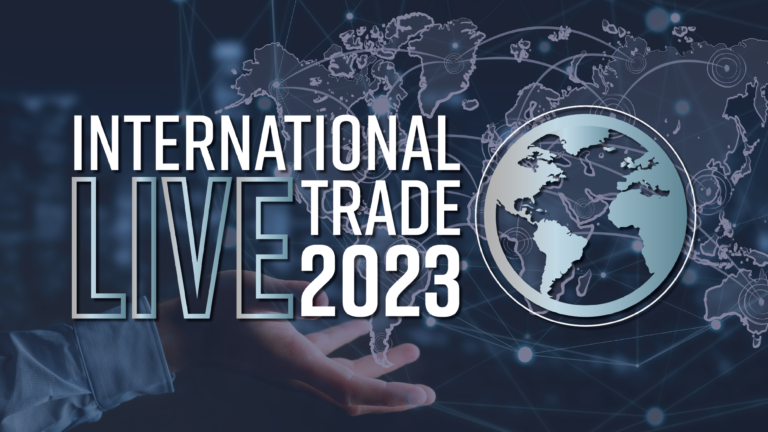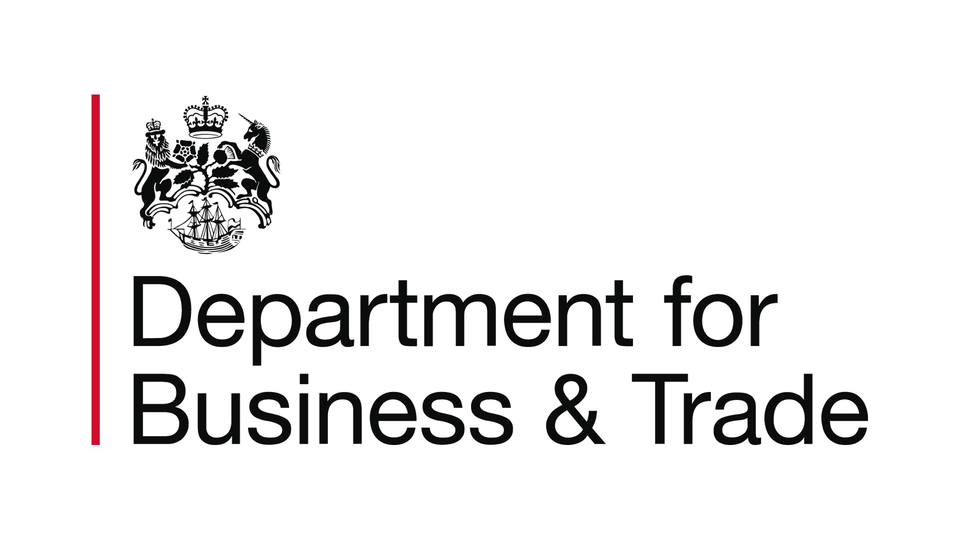ITM exclusively talks to Liam Knight, General Manager at the Association of Industrial Truck Trainers (AITT), about what’s changing in the world of forklift and warehouse trucks and why.
Let’s start with you. You’re new in post, aren’t you? How’s it going?
Very well thank you, we are really, really busy! It’s true that I’m new to this post but not to training in this sector. Prior to this appointment I was Technical Manager for AITT so know the business well. Before that my background was very much hands-on. I managed the training team for a major transport company and delivered their in-house training as well.
How are you dealing with the current high demand for workplace transport training, and what’s creating the demand?
The increased requirement for accredited training is being driven by several factors. Part of it results from the combined effects of Brexit and Covid. The rise of online shopping has fuelled massive growth in the use of materials handling equipment across the supply chain. At the same time, businesses have been forced to recruit new staff to replace overseas operators who are no longer entitled to work in the UK. On top of that, trainers are working their way through a pent-up demand for novice and refresher training delayed during lockdown.
All of this has created genuine but relatively short-term problems and throughout we have been working with all parties to help managers and supervisors plan their training further ahead than usual and focus on where it’s needed most, such as basic training.
However, I think there is one additional and encouraging trend that has emerged as a result of the pandemic: a greater emphasis on measures that protect staff and keep them safe. That shift in mindset has encouraged many companies to commit even more to working as safely and productively as possible – and that has boosted demand for accredited training.
Indeed, I think there is increased recognition that inadequate training or a lack of it altogether can be far more costly to organisations than the investment in good quality accredited training that keeps employers on the right side of the law.
With so many safety devices, isn’t operating MHE equipment easier and does training reflect that?
We welcome any developments that enhance safety, but we need to be cautious in moving too far away from the core elements of training. What happens when a manufacturer changes a truck? There’s a danger that the operator could become too dependent on a defunct feature and are unable to complete a task.
We cannot teach operators based on technology that could be removed or significantly modified, so they need to be confident and competent in their core skills. With training, we always talk about the fundamentals. Take all the gadgets off, teach the operator the basics, and go from there.
What about automation? Won’t that spell the end of the road for forklift operators?
It’s impossible to predict the future but most observers agree that operators of forklifts and other handling equipment will continue to play a pivotal role. Automation is ideal in situations that involve repetitive tasks, typically within a warehouse. But even in those locations operators will still be needed to work in partnership with automated equipment, loading/unloading materials and carrying out unpredictable tasks. That will require skilled operators and experienced, accredited trainers…
Read more latest industry news and developments in our free to download magazine.
Media contact
Anna Wood
Editor, International Trade Magazine
Tel: +44 (0) 1622 823 920
Email: editor@intrademagazine.com











